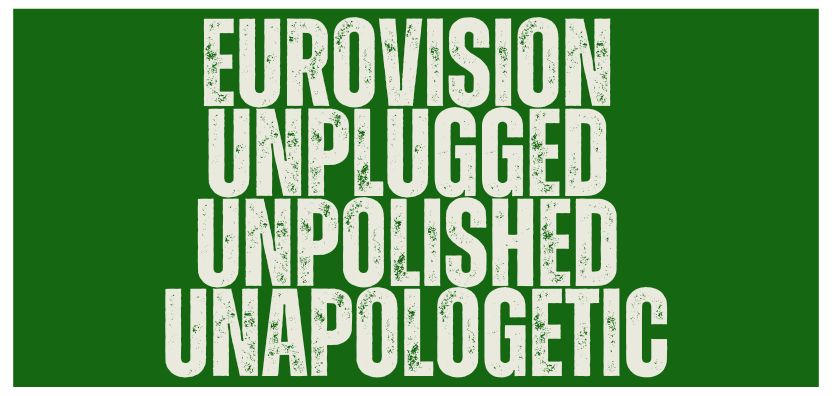Even as Ukraine’s national selection Vidbir was taking place Russian troops were assembling along its borders. It seemed entirely fitting that the winning song, Shadows of Forgotten Ancestors, evoked themes of national identity. But Alina Pash’s victory was to be short-lived as questions arose about her performance history in, and travel to, Crimea after annexation by Russia. Yet another Eurovision withdrawal affected by broader regional geo-politics.
Her replacement is Kalush Orchestra’s Stefania, a tribute to the lead rapper’s mother. As Putin’s war has raged across Ukraine it feels as if the song has taken on a new poignancy, Mama Stefania now a symbol of motherhood for an entire devastated nation.
The song builds on the success of Go_A’s Shum, blending traditional folk elements with contemporary dance and hip-hop in an engaging mix of sounds. It won’t be for everyone, but I rather like it.
Even without the circumstances I saw this as a top 10 entry. Participating as a defiant representative of an invaded country with all the good will of the continent behind it moves this into being something of an unknown quantity. Their performance will be one of the defining moments of Eurovision 2022, a guaranteed showstopper, but will it be enough to carry it to a widely predicted victory?
Not for me.
Televoters and jurors alike will undoubtedly be moved by this moment, and I’m sure Ukraine will pick up plenty of votes cast as a message of solidarity, but I don’t think this has enough to win. If it does, it won’t be the first winner to capture a political/social/humanitarian moment: Conchita’s victory felt partly fuelled by the rise in anti-LGBT sentiment in Russia; Netta’s by #MeToo; and Jamala hit the zeitgeist with her deeply personal family history reflecting history repeating in Crimea shortly before the Contest. Votes are cast for many reasons, and should Stefania win its victory will not be diminished even if it is boosted by global events.
My marks: 8 points





